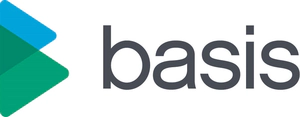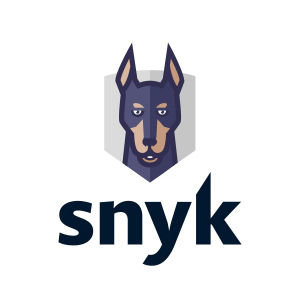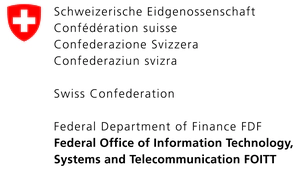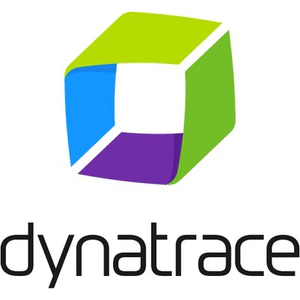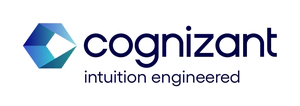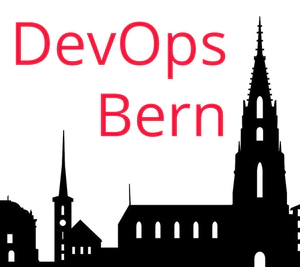Getting antifragile is more important than ever in disruptive times
Keynote
Have you ever wondered why DevOps, continuous deployment, canary releases, microservices, decentralised decision-making, chaos engineering and reducing technical debt work so well? Why it works at all? These and many other concepts all have one thing in common. They are affected by a hidden force: antifragility.
Antifragility is truly one of the most fundamental forces at play. The word ‘antifragile’ did not exist until 2012 when Nassim Nicholas Taleb published his book titled ‘Antifragile, things that gain from disorder’. He defines antifragility as ‘anything that has more upside than downside from random events and shocks’. Ask yourself: does your organisation appreciate market shocks? Do your systems like random events? Probably not. An antifragile system or organisation has the ability to become stronger as a result of unexpected events, malfunctions and errors. The Chaos Monkey is a great example of improving your antifragility but chaos engineering is only the tip of the antifragile iceberg. Antifragility also has a major impact on your structure and strategy. How antifragile should an organisation become? To what extent is the board prepared to invest in this? And what are the technical and organisational possibilities at all? Being antifragile becomes more important if your industry is at risk and when the speed of disruption is high. I will describe how you can leverage antifragility to improve your systems and your company and make your work easier, more effective and more fun. And I will provide practical tips and tricks that can be applied directly. A quote that I like to use: “Realising the power of antifragility is like turning on the light in the DevOps room”
Speaker

Jan de Vries
DevOps Advocate
Jan de Vries is a senior trainer, business IT consultant, coach, researcher and public speaker in the fields of Agile, DevOps, Business Information Management, Antifragility and
...


